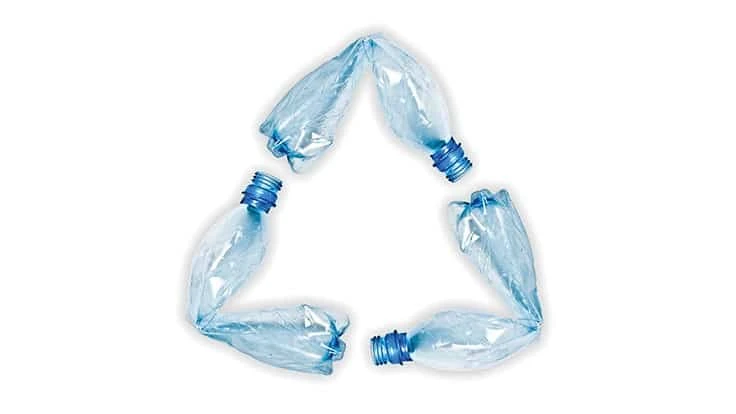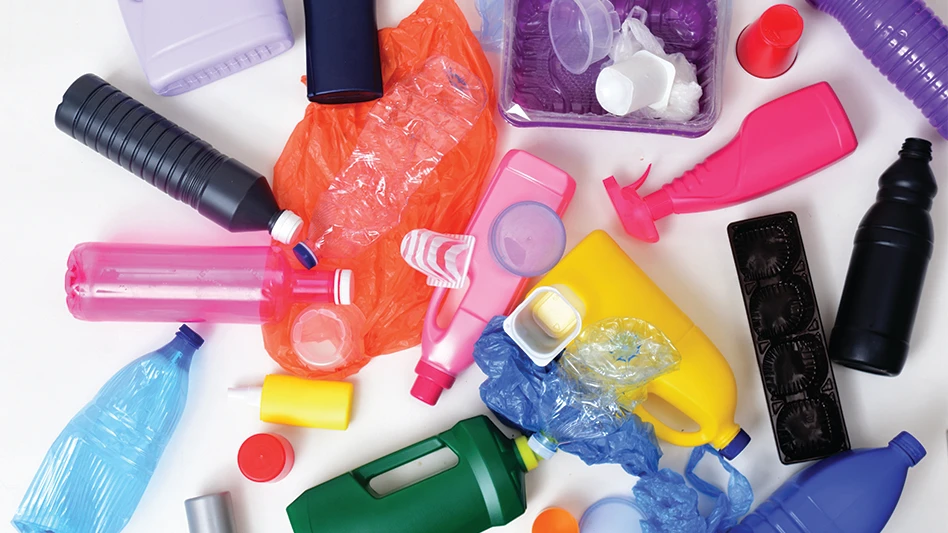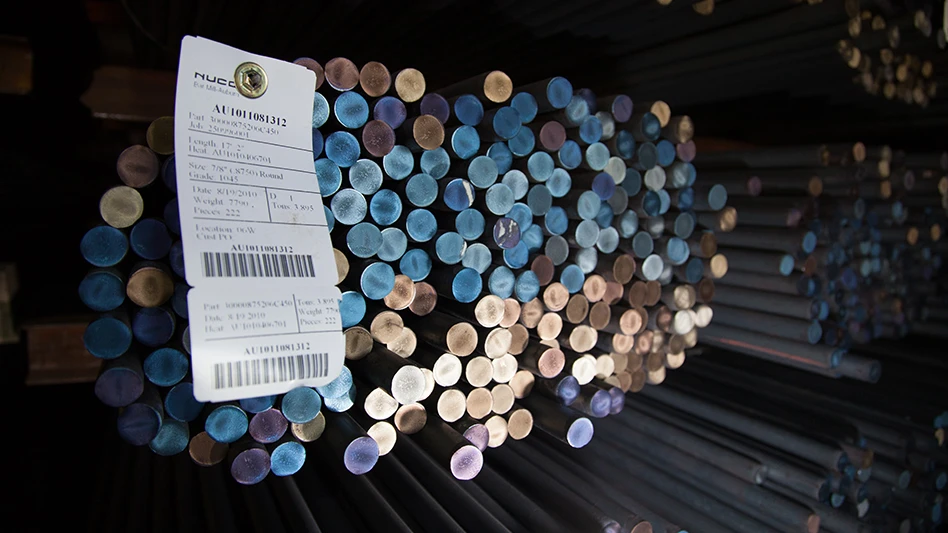
© Kyolshin - dreamstime.com
U.K.-based RECOUP (Recycling of Used Plastics Ltd.) has released its "2020 RECOUP U.K. Household Plastic Packaging Survey" report. The survey highlights that the U.K. had a 2 percent increase in collected household plastics, up 560,000 metric tons in 2019 compared with 2018.
Although collection rates are up, RECOUP reports that actual recycling rates in the U.K. “remain stagnant, in part due to the failure in capturing and recycling the significant quantities of plastic film and flexibles from households.”
In 2021, several things could affect the plastics supply chain, including consistent collections by 2023 proposed for England; a deposit return scheme planned for 2022 in Scotland and 2023 in England, Wales and Northern Ireland; extended producer responsibility (EPR) legislation planned for 2023 in all of the U.K.; and a plastic packaging tax throughout the U.K. by 2023.
“We are yet to see if the proposed dates remain or indeed are themselves a point of consultation,” RECOUP writes in a press release on its latest survey.
Collections
Regarding collections, all 382 U.K. local authorities reported that they collect plastic bottles in curbside programs. Additionally, the number that collect plastic pots, tubs and trays has increased to 85 percent.
However, RECOUP says, the number collecting films and flexibles dropped in 2019 to 14 percent. Discussions centered around whether plastic films and flexibles should be included in the material set for consistent collections in England have drawn greater focus on how to best capture and recycle this material.
The survey reports that inconsistencies still are widespread in relation to presenting materials, including the basic messages as to whether to remove or keep lids on plastic bottles.
Deposit return schemes
With the pending implementation of deposit return schemes across the U.K., RECOUP says the impact on local authorities and the value of plastics within their curbside streams is of some concern. RECOUP says a deposit return scheme is likely to remove a significant quantity, if not the majority, of high-quality polyethylene terephthalate (PET) bottles from curbside programs.
Exports and disruptions
For several years, it had been reported that foreign markets, particularly China and other Asian countries, have started to reject imports of poor quality material. In 2021, both the Environment Agency and the Basel Agreement have made amendments to the quality of exports they will allow, with contamination and mixes of material types being clamped down on at the point of export. This, in combination with other changes to the investment and legislation, including how money raised through EPR will grow the infrastructure to allow the U.K. to manage its own scrap plastics better.
Despite the impact of COVID-19 not directly affecting data from the 2019-2020 data, local authorities reported they noticed a significant disruption in 2020. RECOUP says this ranged from increases of around 20 percent in material collected at the curbside, offset by drops in commercial and on-the-go collections. The RECOUP survey also reports an increase in litter during the first lockdown period, potentially linked to the reduction in available waste collections.
The "2020 RECOUP U.K. Household Plastics Collection Survey" is available to download here.
Latest from Recycling Today
- Indiana county awarded $65K recycling grant
- Mixed paper, OCC prices end year on downward trend
- Updated: CAA submits final draft program plan in Oregon
- Enviri names new president of Harsco Environmental business
- Survey outlines ‘monumental challenge’ of plastic packaging collection in UK
- Nippon Steel acknowledges delay in US Steel acquisition attempt
- BASF collaborates to study mechanical plastic recycling
- Commentary: navigating shipping regulations for end-of-life and damaged batteries





